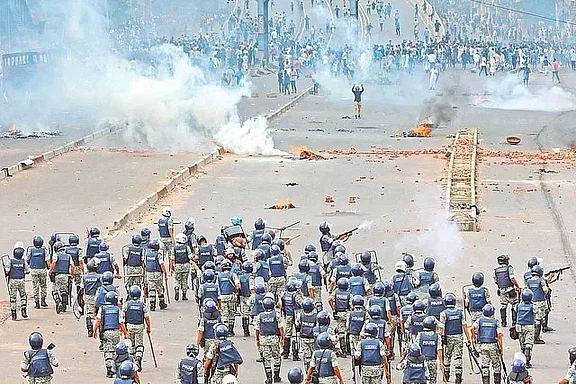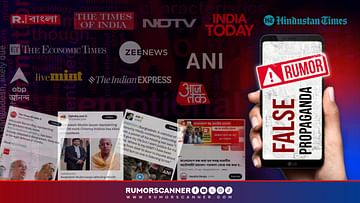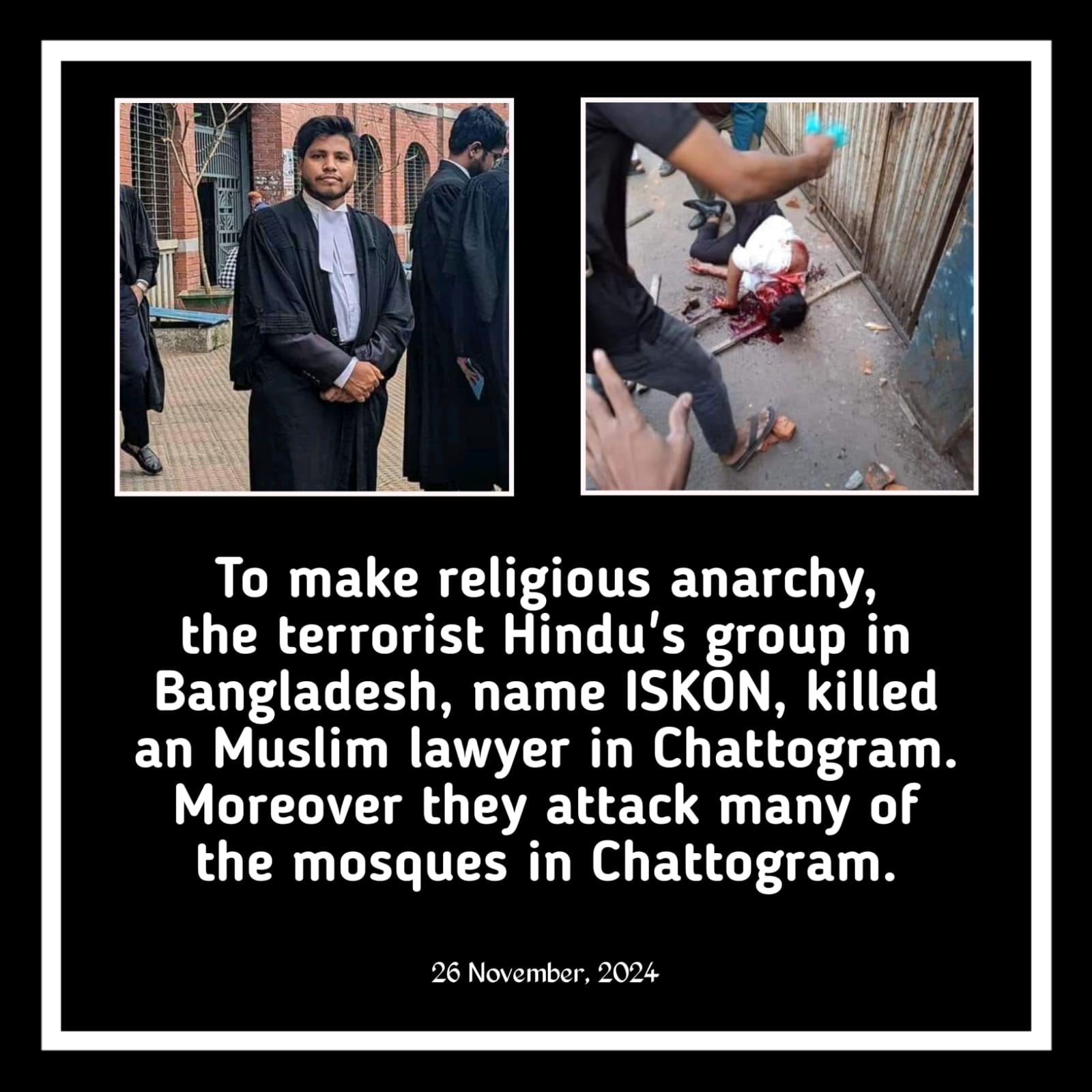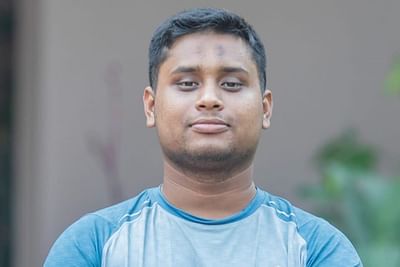Seventy-four distinguished citizens of the country have demanded justice for the hundreds of students and ordinary citizens killed during the movement for quota reform. They have stated that each incident of students and peace-loving citizens being killed, injured, and tortured during the movement must be investigated. To ensure transparent, fair, impartial, and independent investigations, it is crucial that these be conducted under the supervision of a high-level expert team from the United Nations. Therefore, they are urging the United Nations to take the necessary steps in this regard.
In a statement sent to the media today, the ‘Concerned Citizens’ made this demand. The statement from the distinguished citizens expressed deep sorrow and anger, observing that since July 16, peaceful students demanding quota reform were subjected to unprecedented repression by violent activists from the ruling party’s student organization, provoked by various government officials, including several responsible ministers. The entirely peaceful and non-political student movement has been portrayed by the government as a conspiracy by political opponents from the start. On the other hand, there are allegations that the opposition also tried to use the student movement for their political advantage under the guise of solidarity.
The distinguished citizens condemned any form of political opportunism behind the sabotage resulting in the deaths of students and ordinary people and the destruction of public property. They stated that at least two hundred people have lost their lives due to government force. Thousands have been seriously injured, the majority of whom are students from public and private universities, various colleges, and schools, as well as ordinary working people. Several members of law enforcement were also killed or injured in various violent incidents, as were some journalists.
They expressed particular concern that the actual number of casualties due to attacks by government forces and ruling party organizations might be significantly higher and more severe, hidden due to the government’s exclusive control over the internet and media.
The distinguished citizens noted with profound sorrow that such a high number of casualties in such a short period during a peaceful movement is unprecedented in the past hundred years (excluding the genocide by Pakistani forces during the Liberation War) in the country and even in the subcontinent. They stated that they do not have adequate words to condemn or protest against such killings. The primary responsibility for these deaths lies with the government. The manner in which several government ministers irresponsibly incited their student supporters to attack peaceful protesters has left the nation and well-wishers of Bangladesh both domestically and internationally stunned, deeply angry, and heartbroken.
The citizens also observed with deep pain that armored vehicles bearing the United Nations logo were deployed to suppress peaceful civilian protests. The military and border guards were mobilized, curfews imposed with shoot-on-sight orders, and sound grenades and allegedly live ammunition were used from helicopters—unprecedented actions in Bangladesh’s history.
They noted that several public institutions, establishments, and properties were damaged due to sabotage during this movement, which is unacceptable. They demand that those responsible for these acts be identified and punished according to the law through fair and impartial investigations. However, they emphasized that this should not be used as a pretext to suppress dissent or harass ordinary people. Media reports indicate that during incidents of sabotage, government forces sometimes remained passive spectators, which requires investigation and public disclosure.
The citizens expressed their extreme anger that instead of investigating the casualties and attacks on students and the public, the police have filed sabotage cases against thousands of unidentified people, arrested thousands, and detained many innocent citizens, students, and their family members. Reports indicate that several coordinators of the student movement were abducted from their homes and physically tortured, and later taken into police custody from hospitals where they were receiving treatment—actions that are highly inappropriate and oppressive. Media reports also mention that the police, RAB, and other forces conducted ‘block raids’ and indiscriminate arrests, spreading immense fear and terror among the public, families, and youth. This will exacerbate the situation instead of normalizing it.
In this situation, the distinguished citizens have presented several demands to the government in the interest of the nation, the future of students, and the overall safety and focus on education. They also call on the people of the country to rise above party lines and actively and responsibly participate.
The demands are:
- Investigation of Incidents: Every incident where ordinary students, peace-loving citizens, teenagers, and even children were killed, tortured, or injured by the police, RAB, other forces, or armed non-government individuals backed by the government during the quota reform movement must be investigated. To ensure transparent, fair, impartial, and independent investigations, they must be conducted under the supervision of a high-level expert team from the United Nations. Therefore, they are urging the United Nations to take the necessary steps in this regard. The real culprits, regardless of their high positions or party affiliations, must be punished according to the law.
- Official Mourning: To show the nation’s sympathy, respect, and honor towards those killed and seriously injured, the government must officially declare appropriate mourning. The government must immediately disclose the exact number, names, and identities of those killed, injured, and affected from the start of the incident to the present.
- Compensation and Responsibility: The government must take responsibility for those who lost their lives and provide adequate compensation to their families. The government must also bear the full responsibility for the proper treatment of those injured and undergoing treatment in various hospitals. The government must take responsibility for rehabilitating those who lost their eyes, hands, or legs.
- Release of Detainees: The citizens expressed strong indignation over the reports of fabricated charges and arrests of coordinators, organizers, and ordinary students of the quota reform movement. They denounced the severe torture inflicted on some, such as Nahidul Islam and former Daksu VP Nurul Haque, stating it is a violation of the constitution and equivalent to criminal offense. These activities must cease immediately, and specific measures must be taken to stop the torture centered around dormitories and torture cells. The government must restore a healthy environment in educational institutions by accepting all the students’ demands. Indiscriminate arrests, detentions, forced statements, repression, intimidation of students and their relatives, and the unchecked harassment by the police and RAB must stop immediately.
- Lifting Curfew and Restoring Normalcy: To restore normalcy, curfews must be lifted. All armored vehicles, helicopters, and other equipment deployed to suppress and intimidate students and the public must be withdrawn immediately. The government must end all control over the internet to ensure free flow of information. Harassment of dissenters and the spreading of disinformation against them must stop.
Finally, the distinguished citizens called on all responsible and prominent citizens to organize a national civic mourning event in memory of the hundreds of students and people killed, injured, and oppressed by the violent attacks of the police, RAB, and other forces in recent days, to show empathy and respect towards them.
Signatories:
- Sultana Kamal, Human Rights Activist
- Hamida Hossain, Human Rights Activist
- Khushi Kabir, Human Rights Activist
- Shahdeen Malik, Lawyer and Constitution Specialist
- Rasheda K Choudhury, Human Rights Activist
- Wahiduddin Mahmud, Economist
- Hossain Zillur Rahman, Economist
- Anu Muhammad, Professor and Economist
- Debapriya Bhattacharya, Economist
- Meghna Guhathakurta, Human Rights Activist and Researcher
- ZI Khan Panna, Senior Lawyer
- Iftekharuzzaman, Human Rights Activist
- Asif Nazrul, Professor
- Shirin Haque, Women’s Rights Activist
- Syeda Rizwana Hasan, Lawyer
- Shamsul Huda, Human Rights and Land Rights Activist
- Badiul Alam Majumdar, Researcher and Observer
- Sara Hossain, Lawyer
- Parveen Hasan, Professor
- Geeti Ara Nasrin, Professor
- Md. Tanzimuddin Khan, Professor
- Sumaiya Khair, Professor
- Mushtaq H. Khan, Professor
- Mirza Taslima Sultana, Professor
- Firdaus Azim, Professor
- Bina D’Costa, Professor
- Shahnaz Huda, Professor
- Saeed Ferdous, Professor
- Robayet Ferdous, Professor
- Nova Ahmed, Professor
- Navida Khan, Professor
- Swapan Adnan, Educator
- Dina Siddiqi, Educator
- Nasrin Khandaker, Postdoctoral Researcher
- Samina Lutfa, Associate Professor
- Farha Tanzin Titil, Associate Professor
- Maidul Islam, Associate Professor
- Rizwana Karim Snigdha, Associate Professor
- Md. Saimum Reza Talukder, Senior Lecturer
- Subrata Chowdhury, Senior Lawyer
- Tabarak Hossain, Senior Lawyer
- Shubhro Chakraborty, Human Rights Activist
- Sharif Bhuiyan, Lawyer
- Saidur Rahman, Lawyer
- Priya Hasan Chowdhury, Lawyer
- Nasir Bakhtiar, Former Banker
- Abu Saeed Khan, Journalist
- Saeeda Gulrukh, Journalist
- Salim Samad, Journalist and Media Rights Activist
- Sharmin Murshid, Human Rights Activist and Observer
- Faustina Pereira, Human Rights Activist
- Rushad Faridi, Human Rights Activist
- Rezaul Karim Lelin, Researcher and Rights Activist
- Nur Khan, Human Rights Activist
- Rezaul Karim Chowdhury, Human Rights Activist
- Sadaf Noor, Researcher and Human Rights Activist
- Tasnim Siraj Mahbub, Human Rights Activist
- Shahidul Alam, Photographer and Social Worker
- Rehenuma Ahmed, Writer and Researcher
- Altaf Parvez, Writer and Researcher
- Ahmed Swapan Mahmood, Poet and Writer
- Zakir Hossain, Human Rights Activist
- Mahin Sultana, Human Rights Activist
- Rozina Begum, Researcher and Rights Activist
- Barish Hasan Chowdhury, Researcher
- Rezwan Islam, Researcher and Rights Activist
- Jahanara Khatun, Human Rights Activist
- Fazila Banu Lily, Rights Activist
- Arifa Hafiz, Human Rights Activist
- Ishrat Jahan Prachi, Rights Activist
- Dipayan Khisa, Human Rights Activist
- Hana Shams Ahmed, Indigenous Rights Activist
- Mukti Sri Chakma, Women’s Rights Activist
- Arup Rahi, Cultural Worker
Source: Prothom Alo, Online Edition 29/07/2024










